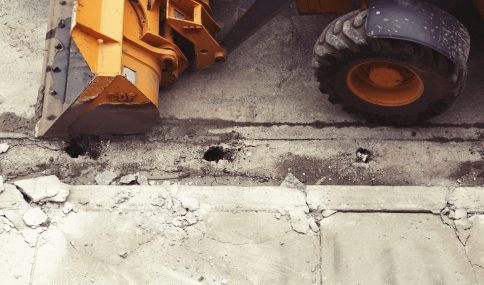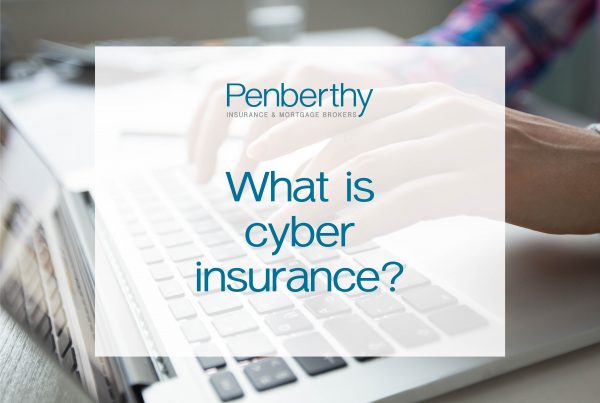
There were 32,828 earthquakes in New Zealand in 2016, according to a report from GeoNet.
That’s one earthquake every 16 minutes.
I don’t want to come across as overly dramatic, but I don’t think it’s an exaggeration to say that Aotearoa is uniquely susceptible to natural disasters.
The same tempestuous fault lines that give our land its striking alpine scenery also pose very real dangers to homes and businesses up and down the country. In addition, New Zealand is home to more than its fair share of volcanoes (52 in Auckland alone!) and has many low-lying areas that are vulnerable to flooding.
Simply put, it’s not a matter of ‘if’, it’s a matter of ‘when’.
For Christchurch that ‘when’ came in 2010 and again in 2011, for Kaikoura & Wellington in 2016 – and many were unprepared.
Inadequate coverage led to the closure of dozens of companies throughout these regions, which could have been prevented – or at the very least greatly reduced – if business owners had had the right insurance policies in place.
So, what did we learn from these recent natural disasters?
-
Relying on rebuild insurance is not enough
Following these events, many business owners began to realise that the financial impact of the natural disasters extended far past the cost of simply reconstructing their buildings.
It was well publicised that the rebuilding process in Christchurch took months and, in some cases, years, as assessors, engineers and councilmen struggled to deal with the scope of the disaster. Few organisations can deal with disruptions of this length of time, and many – particularly those in the retail sector – were forced out of business. Even companies with business interruption insurance (which typically provide 12 months of cover) found their policies ran out long before their operations were back up to speed.
When all was said and done, the number of companies in Christchurch’s CBD fell by 34.6 percent in the year following the earthquake, according to figures collated by Statistics New Zealand.
-
Too many businesses are underinsured
Underinsurance has long plagued New Zealand’s commercial and residential sectors alike, but it wasn’t until the Christchurch earthquake that the issue was really brought to light.
Due to inadequate insured profits, or no business interruption insurance, the compensation received by many was far below the company’s requirements, which forced business owners to dip into their own savings in order to salvage the company. In some situations, this simply wasn’t possible, and the business became insolvent.
-
You may feel the effects even if you’re not at ground zero
I think many people have the mentality of “it would never happen to me”, which can influence their insurance policy decisions. Even if that’s true, the Christchurch earthquakes taught us that there’s no escaping the effects of a natural disaster in a country like Aotearoa.
New Zealand business is so inextricably linked that the majority of organisations experience a financial slowdown post-disaster, regardless of where the company might be physically located.
For example, as many as 2 in 3 New Zealand companies were affected by the 2011 Christchurch earthquake, according to figures gathered in the 2011 Grant Thornton International Business Report. Furthermore, of the businesses affected, almost 20 percent experienced long-term effects.
The bottom line
The recent natural disasters taught New Zealand some seriously hard lessons, and my heart goes out to everyone affected by these events.
With an ever changing climate applying evermore pressure to an already turbulent planet, the sad reality is that natural disasters are predicted to become more frequent in the years ahead. Keeping this in mind, I think it’s more important than ever for New Zealand business owners to ensure they have the right policy in place to protect their companies and livelihoods so that they can survive a major loss.
To ensure that your company has the correct coverage in place, feel free to contact me directly for a coffee and a chat.




